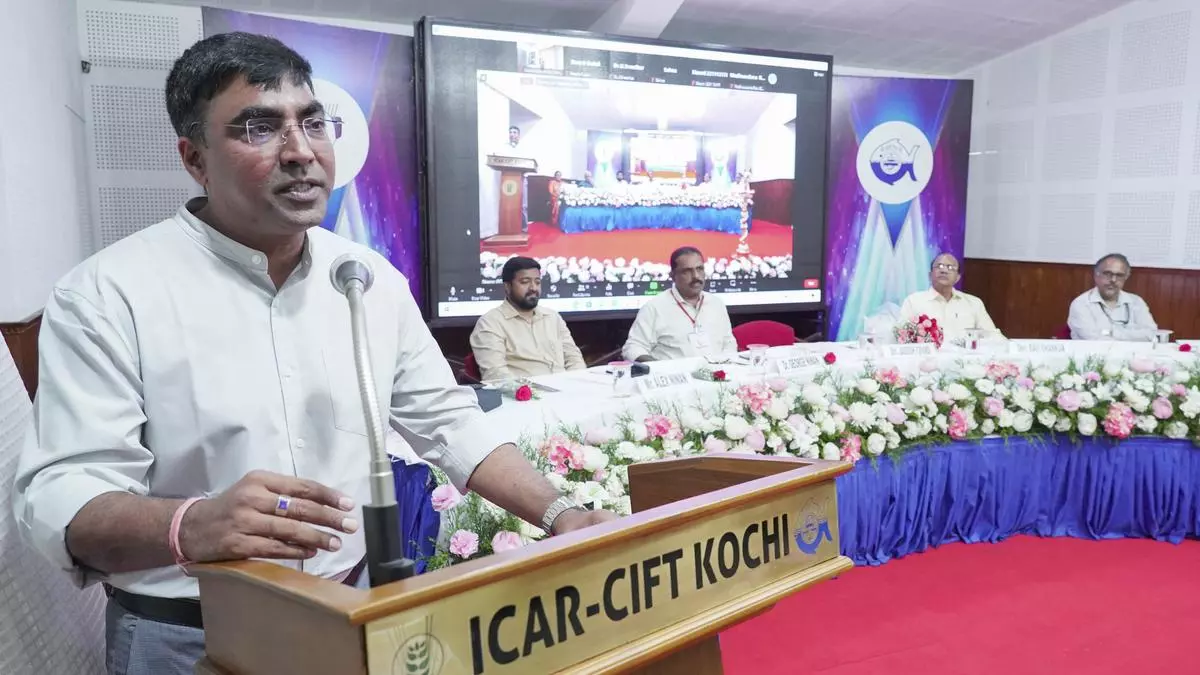Seafood Exporters Association calls for enhanced quality standards for exports
Seafood exporters must prioritize and adhere to the quality standards set for international trade, according to Jagdish Fofandi, President, Seafood Exporters Association of India.
It is worth noting that India is the fourth largest exporter of seafood in the world and has the distinction of being the main exporter of shrimp to the US market. However, it is essential to ensure that stringent nutritional standards are not only met for the international markets, but are consistently delivered in the domestic market.
“Protecting food quality is a shared responsibility in providing clean and healthy food to consumers,” said Vovandi while inaugurating the National Technical Workshop on “Indian Perspective on Food Safety, Security and Standards” by ICAR- Central Institute of Fisheries Technology (ICAR-CIFT). ), Kochi.
-
Also read:Kerala should create its own brand of value-added fish products for overseas markets: Wazir
National workshop details
The two-day national workshop is being jointly conducted by the Society of Fisheries Technologists of India (SOFTI), Food Safety and Standards Authority of India (FSSAI), and the India division of the Society of Official Analytical Chemists (AOAC) International.
The workshop will discuss three main sub-topics namely food preservation, fortification and value addition, novel foods and pharmaceuticals, food safety, standards and risk assessment. In addition, there will be a plenary session by industry thought leaders and a technical session from industry sponsors as part of the workshop.
This year’s theme is “Food Standards Save Lives.” As a responsible stakeholder in the food safety research and regulation sector, ICAR-CIFT decided to reach out to more students, academics, regulators, food safety solution providers and citizens through its two-day national workshop George Nenan, Director, ICAR- CIFT, Kochi.
Alex K Ninan, Regional President, Seafood Exporters Association of India, highlighted the measures being taken to implement biosecurity measures in food processing facilities to ensure food security is at the highest level.
